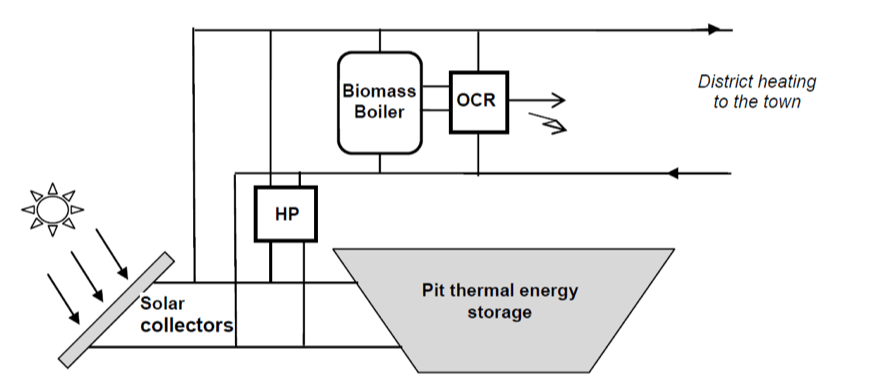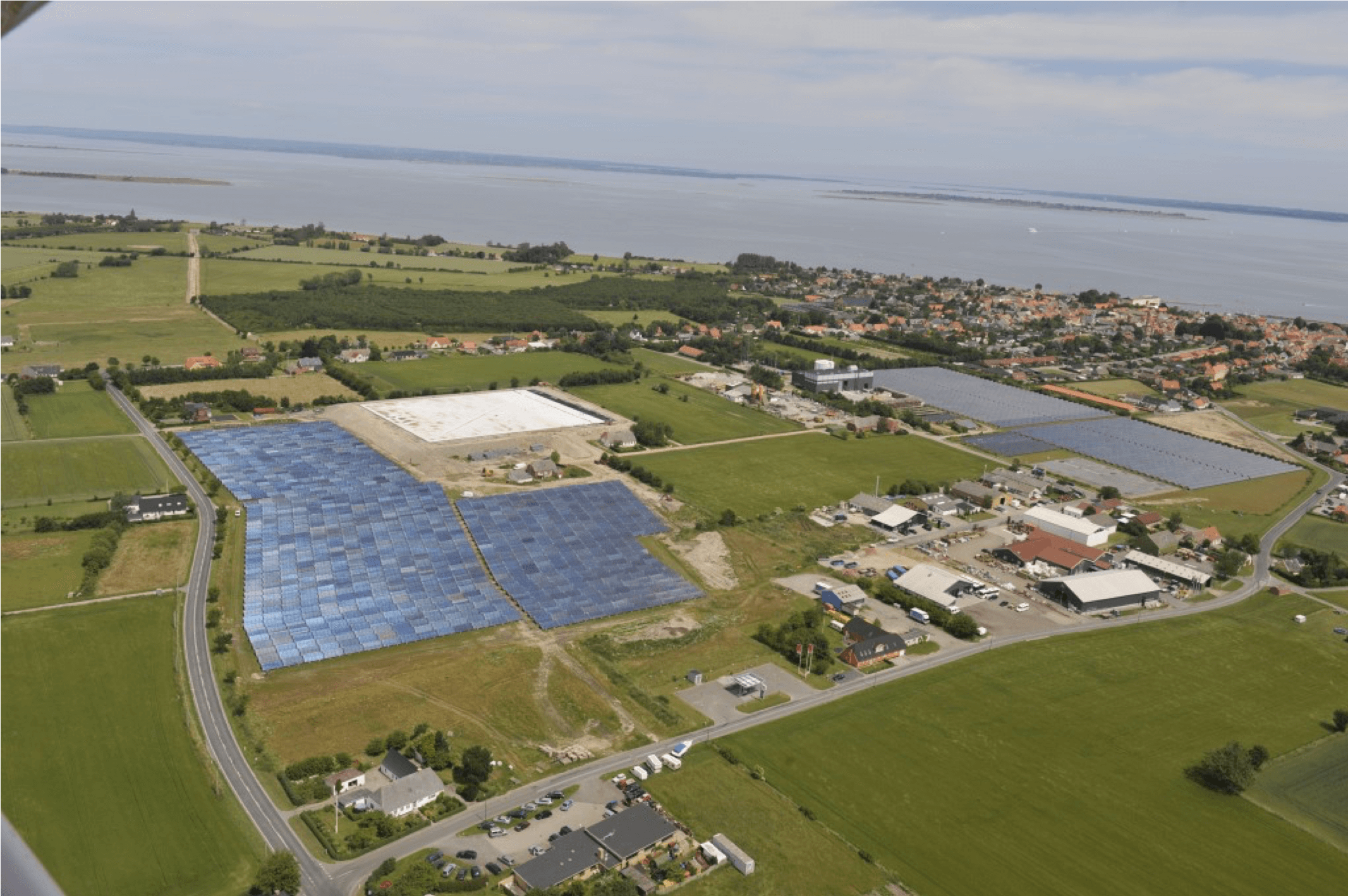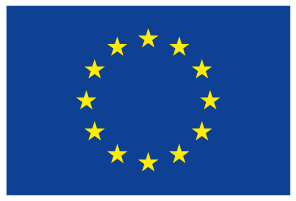Denmark
2015
- Type : Project
- Size : Regional
- Area : Residential
Environmental benefit
Marstal District Heating
Share
Denmark
2015
- Type : Project
- Size : Regional
- Area : Residential
Environmental benefit
Discover this use case online


The implementation of renewable energy started in 1994 where Marstal District Heating developed a project to install solar collectors on a swimming pool. The success of this installation formed the basis for a plan to install a large-scale solar heating plant 0f 8,000 m2 connected to the district heating plant.
Marstal Fjernvarme (Marstal District Heating) has, through the EU’s FP7, received funding for the SUNSTORE4 project. The aim of this project is to demonstrate a large scale innovative, cost-effective and technically 100 % sustainable renewable energy system. The project includes solar panels, bio-oil boilers, wood chip boilers, a heat pump which is “moving” energy to the energy storage and a turbine, a so called ORC (Organic Rankine Cycle) which is an electricity-producing device that can use the energy from the flue gas produced in the biomass boiler.
With more than 18,000 m2 of solar panels Marstal solar plant was in 2003 the largest solar installation in the world, and in the course of 2010-12 being expanded by another 15,000 m2 and new pit heat storage of 75,000 m3 .The different storage techniques that have been implemented are a 2,100 m3 steel tank, a 3,500 m3 closed aquifer store (not in use any longer) and two seasonal pit heat storages of 10,340 m3 (not in use any longer) and 75,000 m3.
Marstal District has developed a management technique where the pumps from the solar collectors are controlled by the solar radiation. This has resulted in energy savings of 75 % of the pumping power and a possibility to produce solar heat at district heating flow temperatures most of the time.
 R-ACES has received funding from the European Union’s Horizon 2020 research and innovation programme under grant agreement N° 892429
R-ACES has received funding from the European Union’s Horizon 2020 research and innovation programme under grant agreement N° 892429
The implementation of renewable energy started in 1994 where Marstal District Heating developed a project to install solar collectors on a swimming pool. The success of this installation formed the basis for a plan to install a large-scale solar heating plant 0f 8,000 m2 connected to the district heating plant.
Marstal Fjernvarme (Marstal District Heating) has, through the EU’s FP7, received funding for the SUNSTORE4 project. The aim of this project is to demonstrate a large scale innovative, cost-effective and technically 100 % sustainable renewable energy system. The project includes solar panels, bio-oil boilers, wood chip boilers, a heat pump which is “moving” energy to the energy storage and a turbine, a so called ORC (Organic Rankine Cycle) which is an electricity-producing device that can use the energy from the flue gas produced in the biomass boiler.
With more than 18,000 m2 of solar panels Marstal solar plant was in 2003 the largest solar installation in the world, and in the course of 2010-12 being expanded by another 15,000 m2 and new pit heat storage of 75,000 m3 .The different storage techniques that have been implemented are a 2,100 m3 steel tank, a 3,500 m3 closed aquifer store (not in use any longer) and two seasonal pit heat storages of 10,340 m3 (not in use any longer) and 75,000 m3.
Marstal District has developed a management technique where the pumps from the solar collectors are controlled by the solar radiation. This has resulted in energy savings of 75 % of the pumping power and a possibility to produce solar heat at district heating flow temperatures most of the time.
